- Browse
- Introduction To Genetics And Evolution
Results for "introduction to genetics and evolution"
 Status: PreviewPreviewA
Status: PreviewPreviewAAmerican Museum of Natural History
Skills you'll gain: Life Sciences, Biology, Environment, Taxonomy, Laboratory Research, Science and Research, Scientific Methods, Timelines, Estimation, Research, Scientific Visualization, Research Methodologies, Laboratory Experience, Environmental Science
4.8·Rating, 4.8 out of 5 stars66 reviewsBeginner · Course · 1 - 3 Months
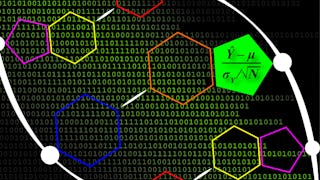 Status: Free TrialFree TrialJ
Status: Free TrialFree TrialJJohns Hopkins University
Skills you'll gain: Biostatistics, Bioinformatics, Exploratory Data Analysis, Statistical Analysis, Statistical Methods, Statistical Hypothesis Testing, Statistics, R Programming, Probability & Statistics, Data Preprocessing, Data Analysis, Statistical Inference, Regression Analysis, Data Pipelines, Data Transformation, Logistic Regression
4.2·Rating, 4.2 out of 5 stars378 reviewsMixed · Course · 1 - 4 Weeks
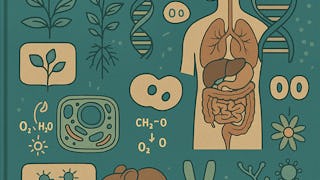 Status: NewNewB
Status: NewNewBBirla Institute of Technology & Science, Pilani
Skills you'll gain: Scientific Methods, Physiology, Biotechnology, Biology, Cell Biology, Immunology, Anatomy, Molecular Biology, Biochemistry, Respiration, Endocrinology, Neurology, Oncology
Beginner · Course · 1 - 3 Months
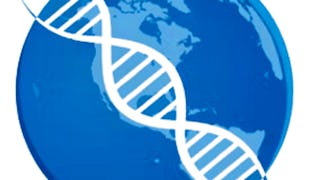 Status: PreviewPreviewU
Status: PreviewPreviewUUniversity of Colorado System
Skills you'll gain: Epidemiology, Biostatistics, Statistical Analysis, Data Quality, Statistical Modeling, Probability & Statistics, Molecular Biology, Statistical Methods, Statistical Hypothesis Testing, Regression Analysis, Data Validation, Biology
4.5·Rating, 4.5 out of 5 stars51 reviewsIntermediate · Course · 1 - 3 Months
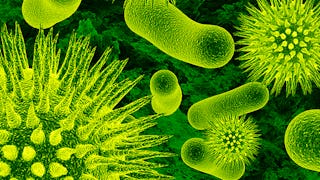 Status: PreviewPreviewU
Status: PreviewPreviewUUniversity of Leeds
Skills you'll gain: Infectious Diseases, Microbiology, Immunology, Pathology, Infection Control, Pharmacology, Epidemiology, Public Health and Disease Prevention, Molecular, Cellular, and Microbiology, Cell Biology
4.7·Rating, 4.7 out of 5 stars54 reviewsBeginner · Course · 1 - 4 Weeks
 Status: Free TrialFree TrialR
Status: Free TrialFree TrialRRice University
Skills you'll gain: Environment, Environmental Science, Life Sciences, Environmental Issue, Biology, Sustainable Development, Natural Resource Management, Climate Change Adaptation, Estimation, Climate Change Mitigation, Experimentation
4.8·Rating, 4.8 out of 5 stars155 reviewsBeginner · Course · 1 - 3 Months
 Status: NewNewStatus: FreeFreeU
Status: NewNewStatus: FreeFreeUUniversity of Cape Town
Skills you'll gain: Environmental Issue, Climate Change Mitigation, Natural Resource Management, Environmental Science, Biology, Climate Change Adaptation, Life Sciences, Anthropology, Ancient History
4.7·Rating, 4.7 out of 5 stars7 reviewsBeginner · Course · 1 - 3 Months
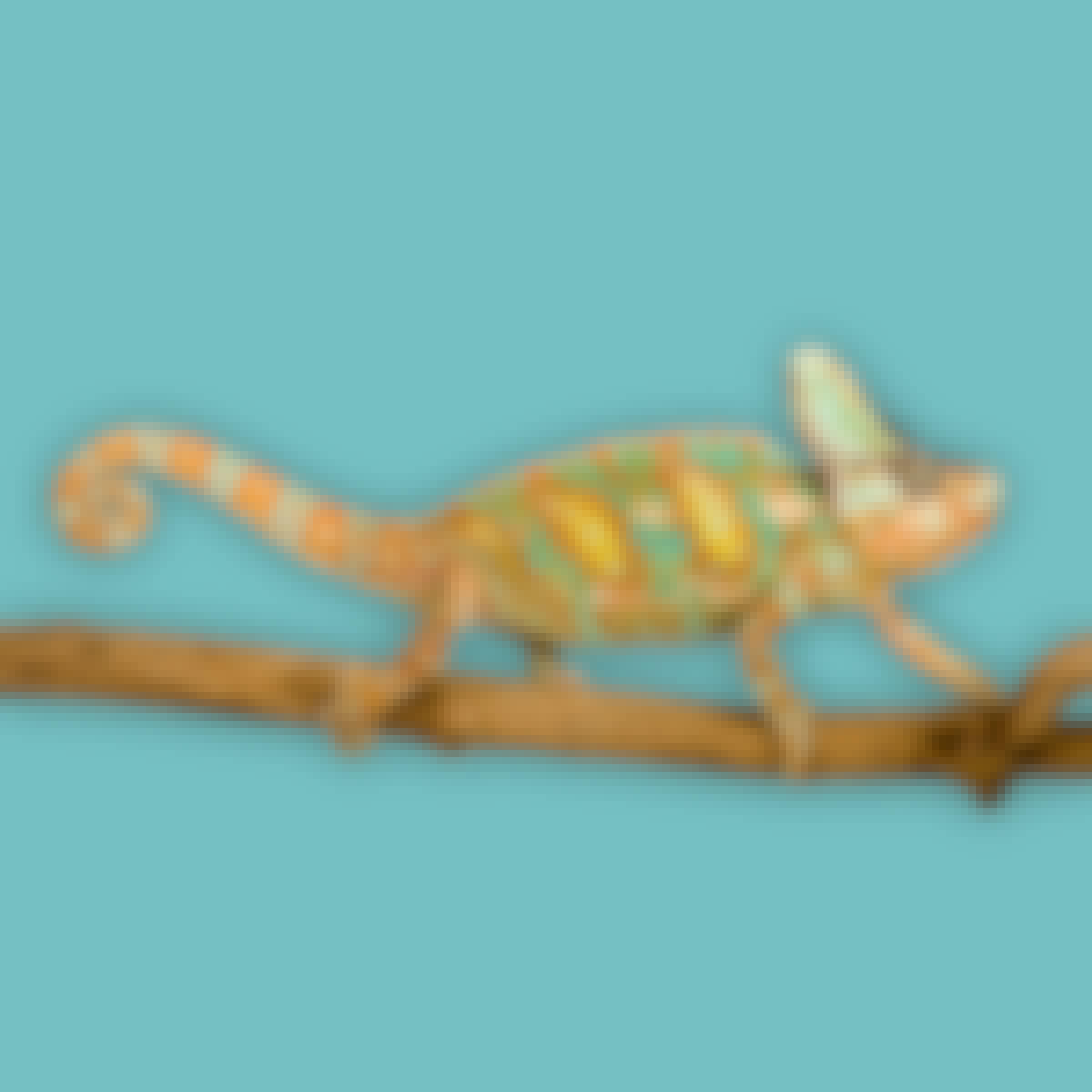 Status: PreviewPreviewA
Status: PreviewPreviewAAmerican Museum of Natural History
Skills you'll gain: Teaching, Education and Training, Instructional Strategies, Instructing, Pedagogy, Anthropology, Life Sciences, Culture, Biology, Curriculum Planning, Taxonomy, Scientific Methods
4.7·Rating, 4.7 out of 5 stars330 reviewsMixed · Course · 1 - 3 Months
 Status: Free TrialFree TrialR
Status: Free TrialFree TrialRRice University
Skills you'll gain: Biology, Microbiology, Environmental Science, Physiology, Molecular Biology, Cell Biology, Taxonomy
4.9·Rating, 4.9 out of 5 stars72 reviewsBeginner · Course · 1 - 3 Months
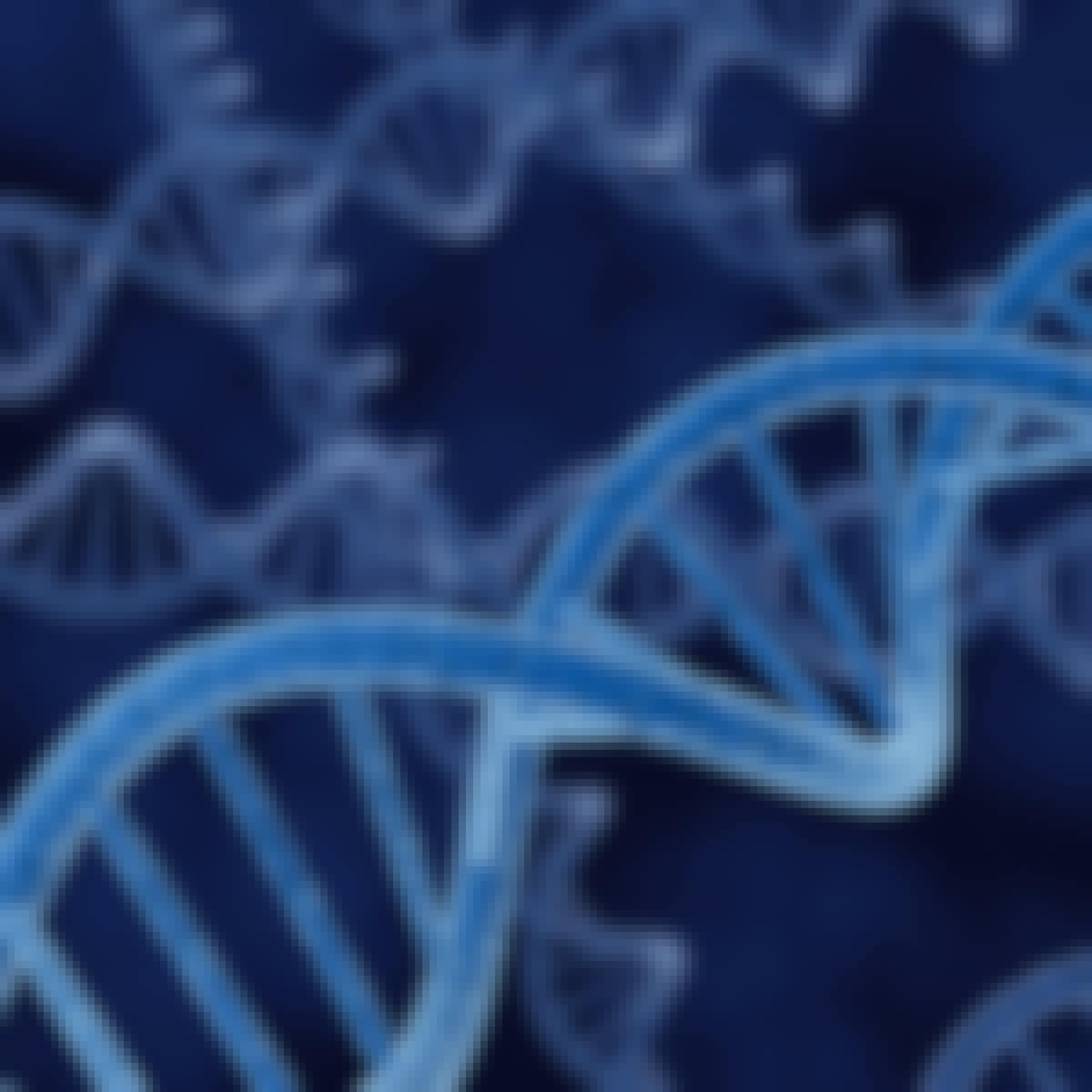 Status: PreviewPreviewA
Status: PreviewPreviewAAmerican Museum of Natural History
Skills you'll gain: Healthcare Ethics, Research, Education and Training, General Medicine, Teaching, Social Impact, Ethical Standards And Conduct, Biotechnology, Medical Privacy, Biology, Food and Beverage
4.6·Rating, 4.6 out of 5 stars174 reviewsMixed · Course · 1 - 4 Weeks
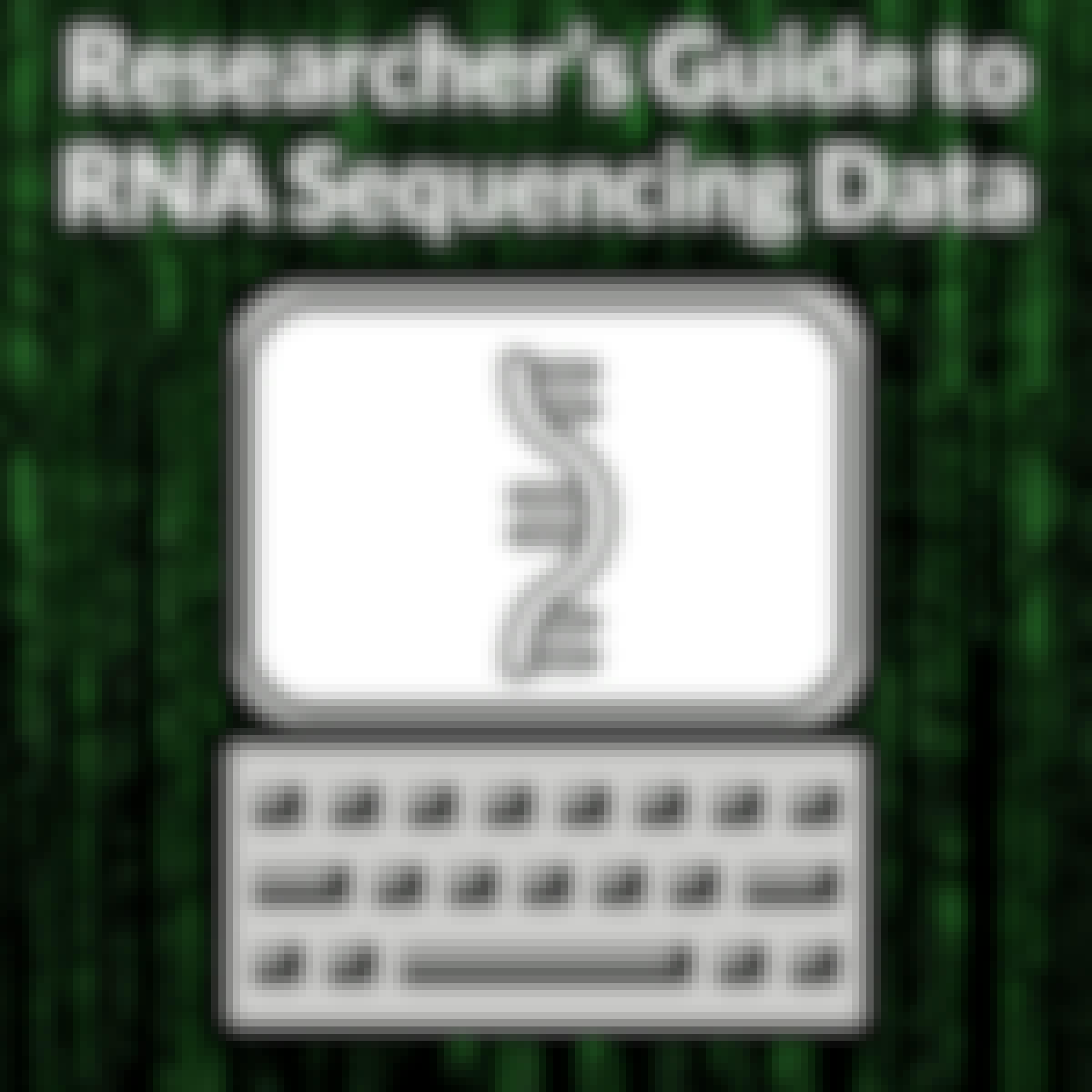 Status: Free TrialFree TrialF
Status: Free TrialFree TrialFFred Hutchinson Cancer Center
Skills you'll gain: Molecular Biology, Laboratory Research, Bioinformatics, Data Literacy, Science and Research, Data Analysis, Spatial Data Analysis, Scientific Methods, Data Processing, Quantitative Research, Informatics, Biology, Data Collection
3.6·Rating, 3.6 out of 5 stars18 reviewsIntermediate · Course · 1 - 3 Months
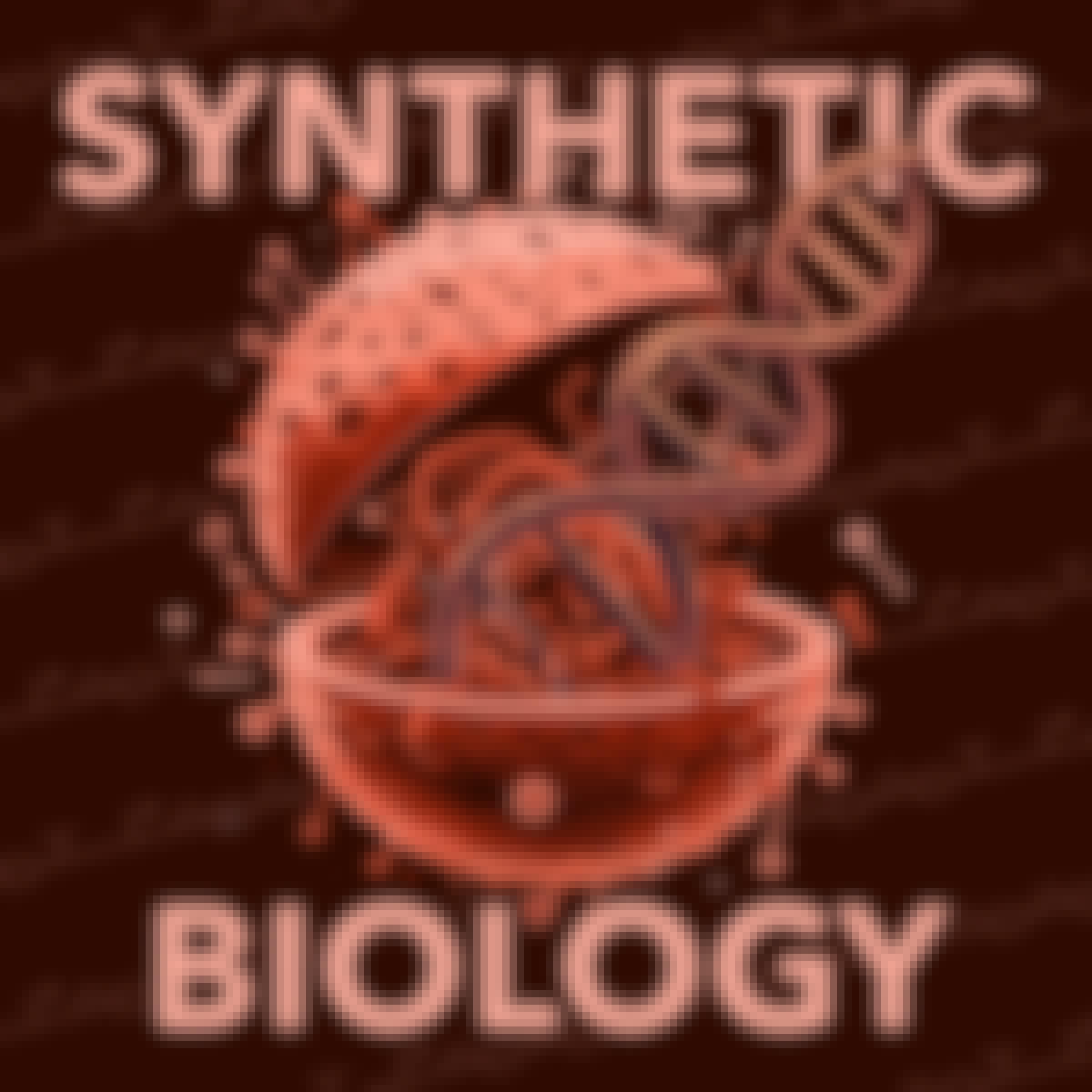 Status: Free TrialFree TrialU
Status: Free TrialFree TrialUUniversity of Colorado Boulder
Skills you'll gain: Markov Model, Engineering Analysis, Mathematical Modeling, Computational Thinking, Failure Analysis, Biological Engineering, Hazard Analysis, Simulations, Chemical Engineering, Model Evaluation, Applied Mathematics, Differential Equations, Probability
Build toward a degree
Intermediate · Course · 1 - 3 Months
In summary, here are 10 of our most popular introduction to genetics and evolution courses
- Dinosaurs: Evolution, Extinction, and Paleobiology: American Museum of Natural History
- Statistics for Genomic Data Science: Johns Hopkins University
- General Biology: Birla Institute of Technology & Science, Pilani
- Genetic Epidemiology Foundations: University of Colorado System
- Transmitting and Fighting Infectious Diseases: University of Leeds
- Introduction to Biology: Ecology: Rice University
- Life on Earth: Diversification and Extinctions: University of Cape Town
- Evolution: A Course for Educators: American Museum of Natural History
- Introduction to Biology: Biodiversity: Rice University
- Genetics and Society: A Course for Educators: American Museum of Natural History










